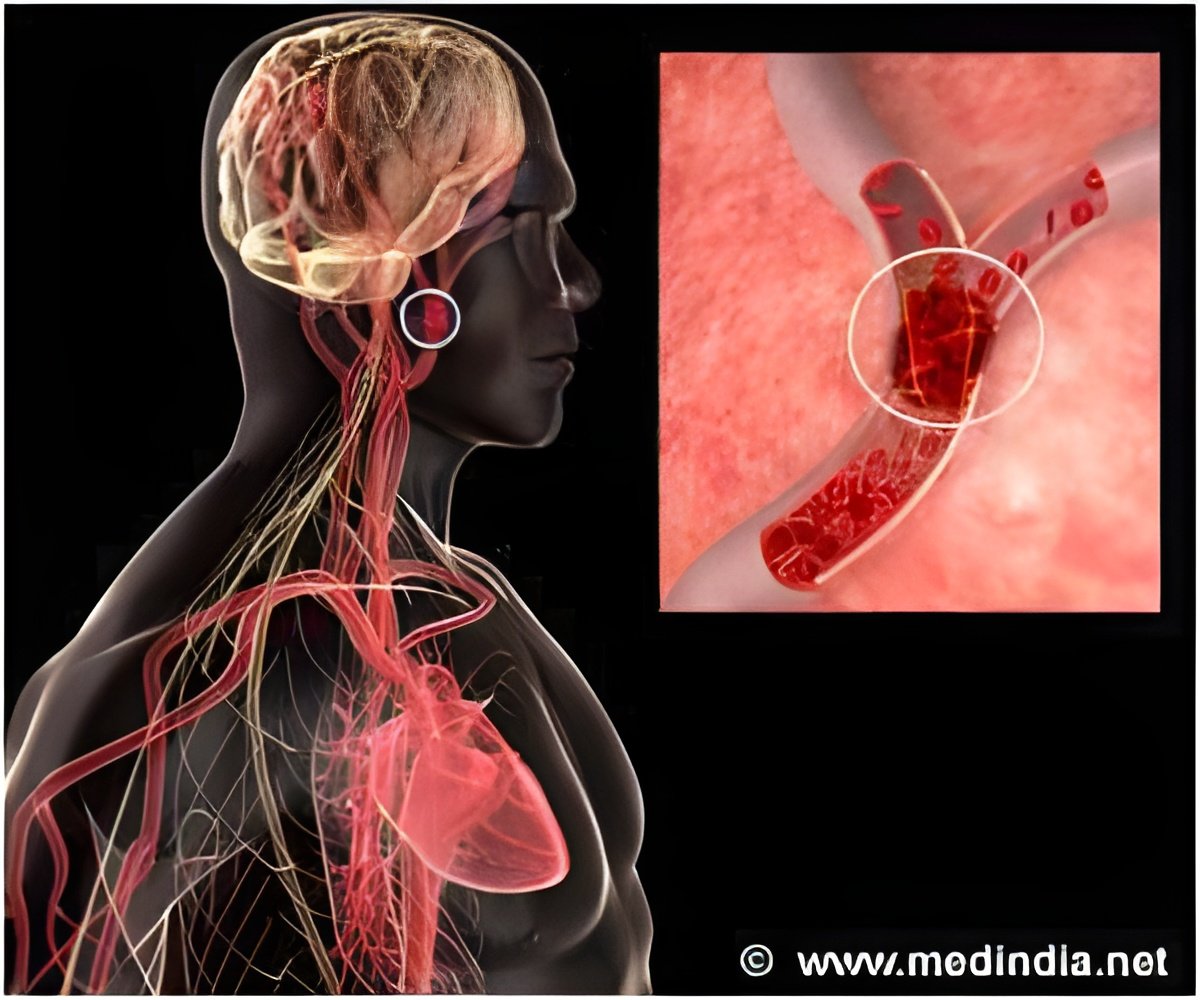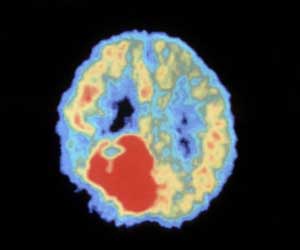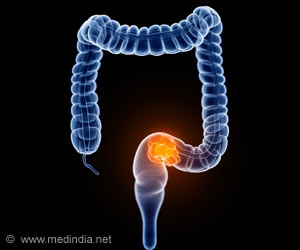Stroke is a condition where an artery supplying blood to the brain tissues is ruptured causing the formation of blood clot in the brain and interfering with the supply of blood and oxygen to the brain

Broadly stroke can be of two types-ischemic or hemorrhagic. Ischemic type is more common than the hemorrhagic one and accounts for about 85 percent to 87 percent of stroke cases.
When the artery supplying the brain is blocked, ischemic stroke occurs. Thrombotic stroke is the condition where a blood clot is formed in the vessels and reduces the supply of blood to the brain. Hemorrhagic stroke occurs when the blood vessels supplying blood to the brain ruptures. The blood clots and damages the brain tissues.
Causes of Ischemic Stroke:
There are four main causes of ischemic stroke. They are as under:
• Embolism- obstruction caused by embolism
• Venous Thrombosis- It is a rare cause of ischemic stroke where blood clot obstructs the dural venous sinus draining blood from the brain.
Cryptogenic Strokes- When there is no obvious known cause of stroke, it is termed as cryptogenic strokes or strokes with unknown origin. About 30 percent to 40 percent of ischemic strokes are cryptogenic type.
On the basis of location of bleeding, haemorrhagic strokes are of two types:
1. Extra-axial Hemorrhagic- the blood vessels is ruptured between the brain and the skull. Main types of extra-axial hemorrhages are:
• Epidural hematoma (hemorrhge between the dura mater and the skull)
• Subdural hematoma (Bleeding in the dural space)
• Subarachnoid Hemorrhagic (Bleeding between the arachnoid space and pia mater)
2. Intra-axial Hemorrhagic - blood vessels within the brain ruptures. This can be
• Intraparenchymal Haemorrhage
• Intraventricular Haemorrhage (Presence of blood clot in the ventricular system)
Signs and Symptoms:
The common clinical manifestations of stroke are as under:
Numbness and weakness of face, legs and arms, difficulty in speaking or comprehending speech, confusion, loss of balance, dizziness, vomiting, severe headache, difficulty in walking, hemiplegis, muscular weakness of face, altered vision, smell and taste, ptosis- drooping of eyelids, weakness of muscles of eye, reduction in reflexes such as gag, pupil reactivity to light and swallow, nystagmus, difficulty in maintaining balance, weakness of sternocleidomastoid muscles, difficulty in turning head, inability to protrude tongue out and move sidewards, vertigo.
The acronym F.A.S.T. is very helpful in determining whether a person is experiencing a stroke or not.
• Face: Ask the person to smile
• Arm: Ask him to lift both the arms
• Speech: Ask the person to repeat a sentence or phrase
• Time: Call medical emergency in case the person has the above mentioned symptoms.
Pharmacological Treatment:
Depending upon the type of stroke the pharmacologic treatment varies.
For ischemic stroke tissue plasminogen activator (tPA) and antiplatelets agents are used and the treatment of hemorrhagic stroke is based on controlling the intracranial pressure and blood pressure.
Treatment of Ischemic Stroke:
tPA: The most preferred IV tPA agent is alteplase. It has been approved by FDA for its efficacy in treating ischemic stroke.
Antiplatelets Agents: The most authentic drug for the treatment of ischemic stroke is aspirin. Within 24 to 48 hours of stroke aspirin therapy should begin. Ticlopidine is known to produce aspirin- like effects.
Oral warfarin and infusions of heparin can also be given.
Osmotic agents such as intravenous mannitol 20% and potent sterods like dexamethasone 4 mg intravenous is given to control cerebral oedema.
Secondary Prevention of Ischemic Stroke:
Secondary management of ischemic stroke is important and involves the following points:
• Controlling blood pressure
• Controlling cholesterol levels, particularly lowering LDL levels Statins are effective in lowering cholesterol levels. Fibrates and niacin are also helpful in controlling triglyceride levels.
Treatment of Hemorrhagic Stroke:
The annual incidence rate of hemorrhagic stroke is about 15 percent. The pharmacologic treatment of hemorrhagic stroke is quite limited, however following steps:
• Find out the cause of bleeding
• Control blood pressure
• Discontinue any medication that might cause further bleeding
• Take steps to control intracranial pressure. Ventriculostomy can be done to remove collected blood from the brain. Decompressive craniotomy can also be done.
Since subarachnoid hemorrhages are caused mainly by aneurysm, therefore surgery the treatment of choice.
Secondary Prevention of Intracerberal Hemorrhagic Stroke:
The predisposing factors of recurrence of intracerebral hemorrhagic stroke are:
• Old age
• Anticoagulation therapy post intracerebral hemorrhage
• Location of previous hemorrhage
Finally, it can be concluded that stroke is a time-sensitive condition irrespective of its type. Though the pharmcotherapeutic choices are limited, but they are effective in mitigating both the complications involved and the recurrence of the stroke.
Reference:
1.Pharmacologic Management of Stroke - Shari N. Allen, assistant professor of Pharmacy Practice in Philadelphia College of Osteopathic Medicine School of Pharmacy, Georgia; US Pharmacist 2012.
Source-Medindia















